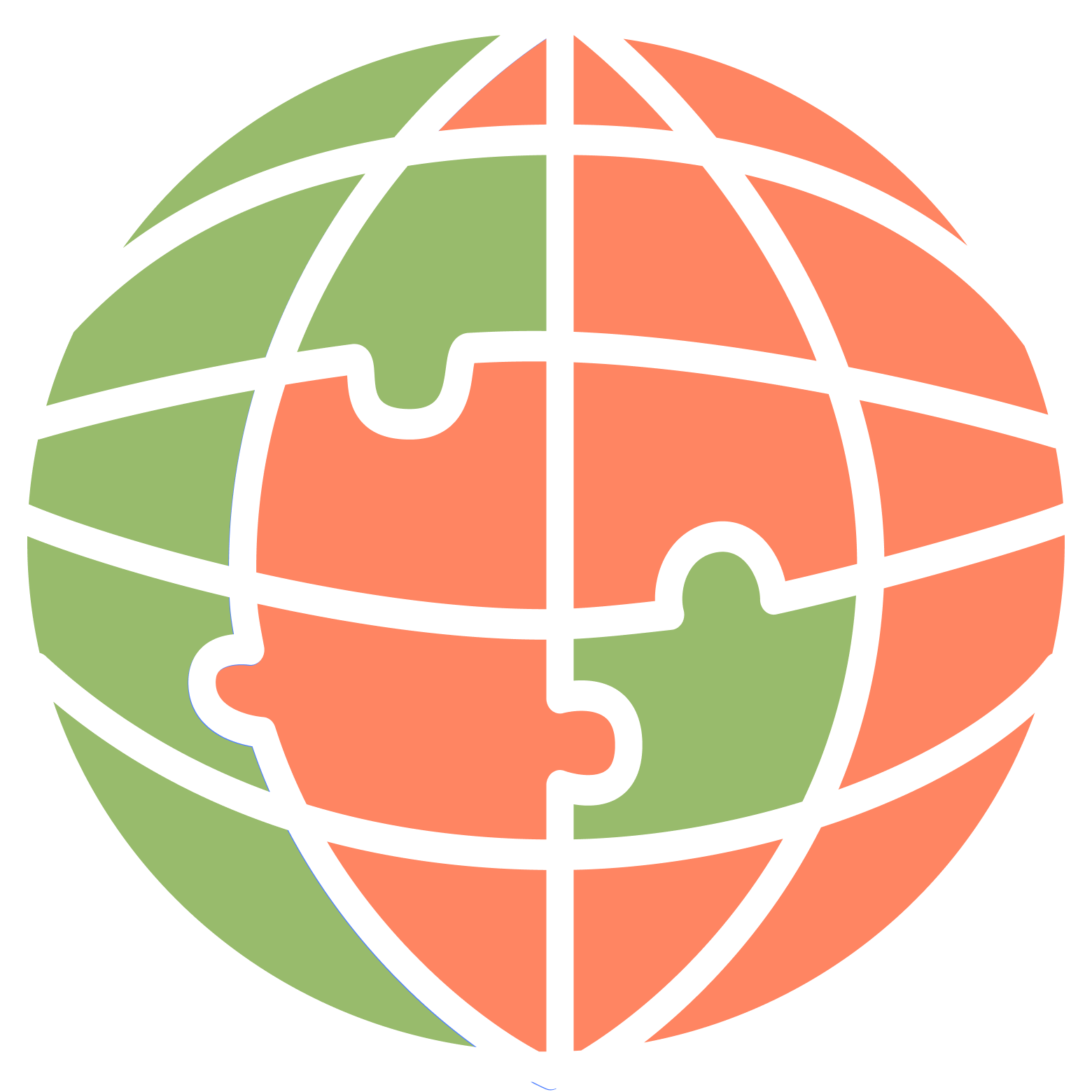Information verification & Fact-checking
We have access to a vast amount of information, which might be false. Therefore, the ability to verify information becomes a crucial skill. It is necessary to use this skill when making decisions, especially if these decisions impact our lives or the lives of others.
HOW TO VERIFY INFORMATION?
Look at the source of the information: It should be reliable, meaning it has a good reputation and contains facts.
Compare information from different sources: If the information is consistent, it is more likely to be true. If there are obvious discrepancies, you definitely need to analyze it further, perhaps after consulting experts.
Check the information for logic and consistency: Contradictions may indicate errors.
Be aware of your own preconceptions and biases and strive to minimize their effects: This helps avoid distorting the information.
In this section, we have compiled exercises that you can use to practice information verification skills, both on your own and with your groups.
Fact-checking
Information analysis
My media environment
Fact or opinion?
Observer
See. Think. Wonder
Fact or opinion?
Observer
See. Think. Wonder
Fact-checking
Challenge
Challenge
Here, you will find exercises that help your participants reflect and answer the following questions: how do we consume information, which sources do we trust, and why?
Here, you will find fact-checking methods that can form the backbone of your lesson or training session. These exercises require time, as fact-checking is a deliberate and thoughtful process that engages System 2.

